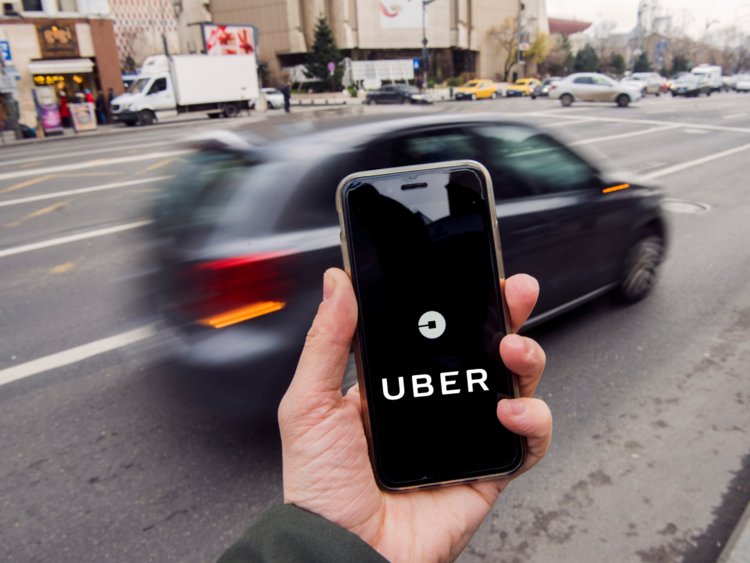Rotterdam is the main Dutch battleground for shared e-scooter companies. In this blog I’ll explain how these companies try to gain a foothold and the characteristics of the local market. Last, you get some tips for testing them yourself.
But first, how did it start? In 2018, the start-up Felyx was the first to arrive in the city. The founders weren’t unfamiliar with Rotterdam as one of them is a former EUR student. The business concept was born when driving a car2go in Amsterdam. However, a car in the big city is far from the fastest way to move around. The scooter is. To get a municipality like Rotterdam on board there needed to be something in it for them, too. The e-scooter was the answer as it isn’t loud and locally polluting (Hollingsworth, J., Copeland, B. and Johnson, J.X., 2019). The sharing functions are enabled by IoT technology.
Soon there were hundreds of free-floating scooters to be found all around the city. At first, students were the main target group later expanding into young professionals and freelancers as well (Top of Minds. 2020). The new concept was mainly appealing as it was fun to drive the scooters, but customers soon identified improved convenience and freedom of this transport mode in comparison with their own bike. In that way it is surprising that this concept can be successful in a biking country like The Netherlands.
Fast forwarding to now, there are yet two companies that have joined Felyx in Rotterdam: Check and GoSharing. They all have different ways in which they try to lure you to their platform. Felyx has the advantage of being the incumbent with Felyx being an acronym for e-scooter. They leverage this by charging a relatively high per-minute fee and no staring fee. GoSharing uses volume deals to get you addicted to scooter sharing. Starting with an average per-minute fee when using the scooters without a deal but getting pretty cheap when you buy large minute packages. They limit the amount of free minutes when joining the platform. Check did exactly the opposite by rampaging into Rotterdam with a low per-minute fee, no starting fee and 15 euros of worth of riding for free.
The market-entry tactics have led to a strange dynamic in this market. Felyx is going reasonably steady as they haven’t performed stunts to gain market share at any time. At Check, this is a different story: their market-entry tactics have lead to giving out so many free minutes of riding that it took them months to boost revenues. The upside is a considerable gain in the number of users. The upcoming months will tell if they can retain them now that riding is not free and a starting fee is introduced. GoSharing is found to compete less on price. What they are doing is connecting edge cities and suburban areas of Rotterdam by creating service areas in villages. Commuters are able to pick scooters up close to home and drop them in the city centre. At the end of the day they can find an available scooter again to travel back.
Time will tell whether this is a winner takes all market, like many recently disrupted markets are. In the meantime all of the providers have found investors with deep pockets, currently favoring the consumer. I think there will be space for multiple providers. Furthermore, I believe that the most important aspect is the availability of scooters in the right places at the right time and second is the ease of combining trips with other transport modes such as the subway.
Are you interested in trying one of these services out? Get some free riding minutes with Check promocode MMN-GN4, Felyx code RSqGv8CW or GoSharing code XZ26IZ.
If you’re already using shared e-scooters in Rotterdam I’m looking forward to hearing from you in the comments. Which provider do you like and why? And do you think the market will eventually head towards a monopoly or will there be space for 3 or more providers in the future?
References:
Hollingsworth, J., Copeland, B. and Johnson, J.X., 2019. Are e-scooters polluters? The environmental impacts of shared dockless electric scooters. Environmental Research Letters, 14(8), p.084031.
Top of Minds. 2020. Carrière Advies Van Quinten Selhorst En Maarten Poot | Top Of Minds. [online] Available at: [Accessed 8 October 2020].











